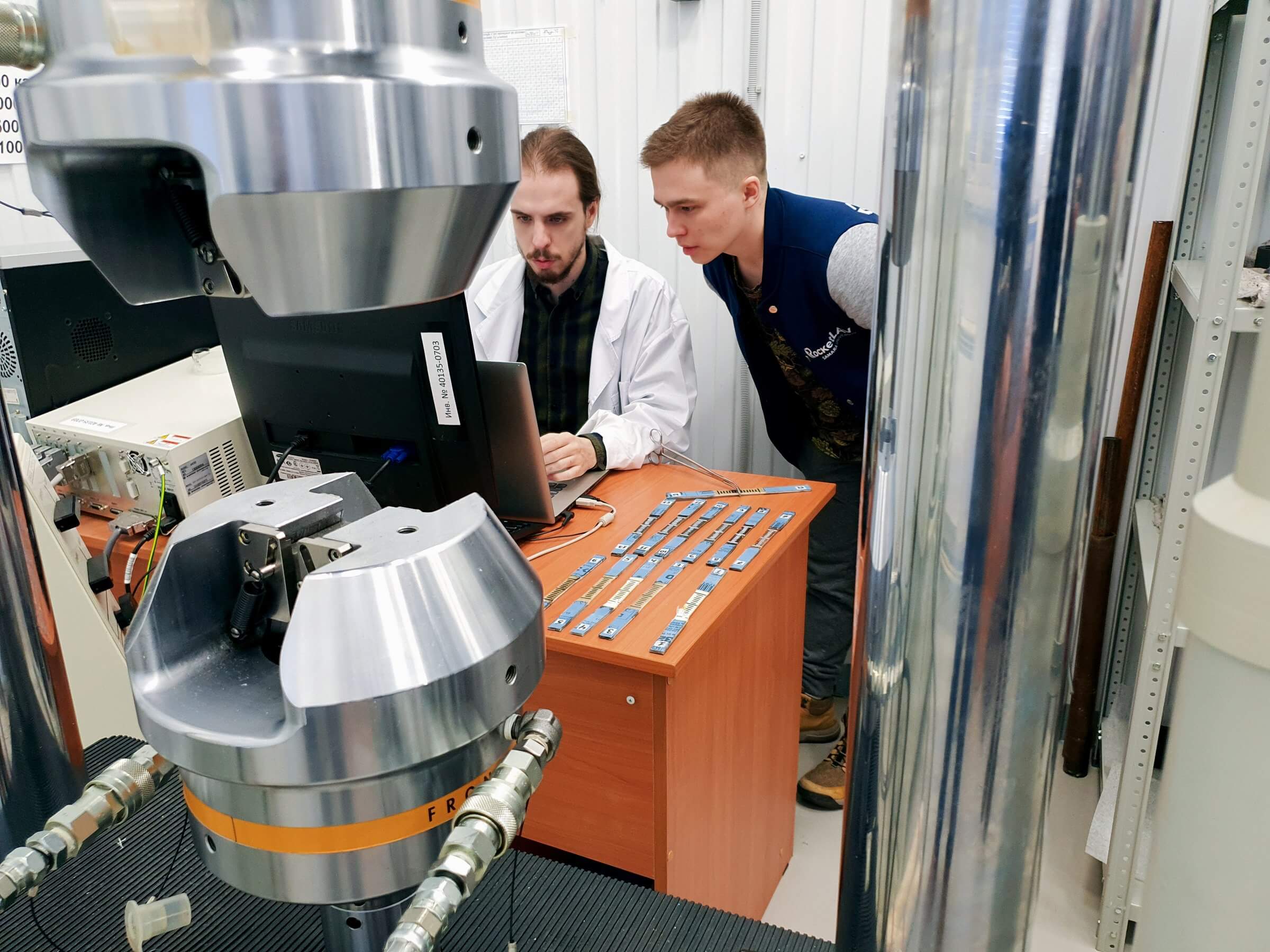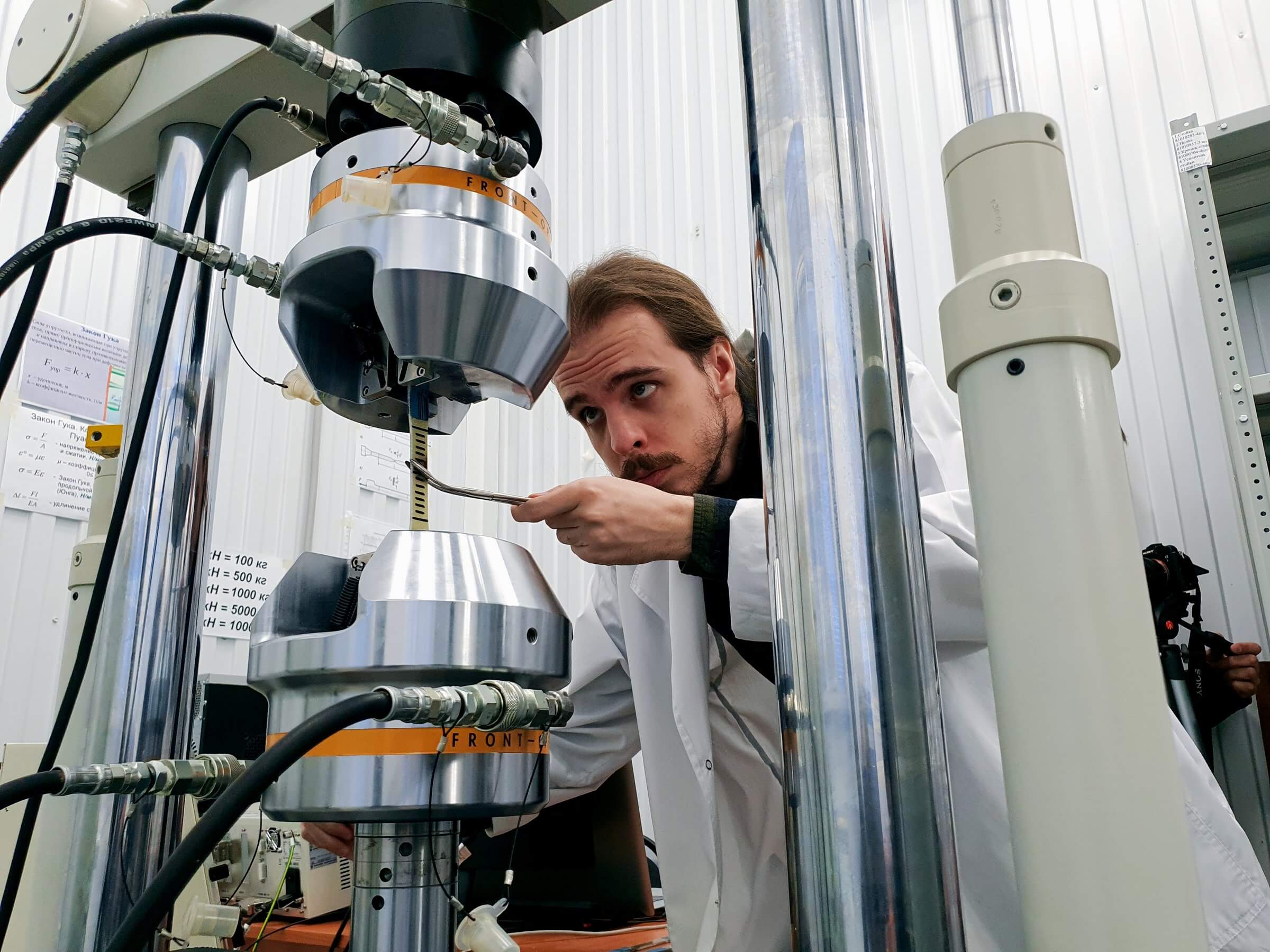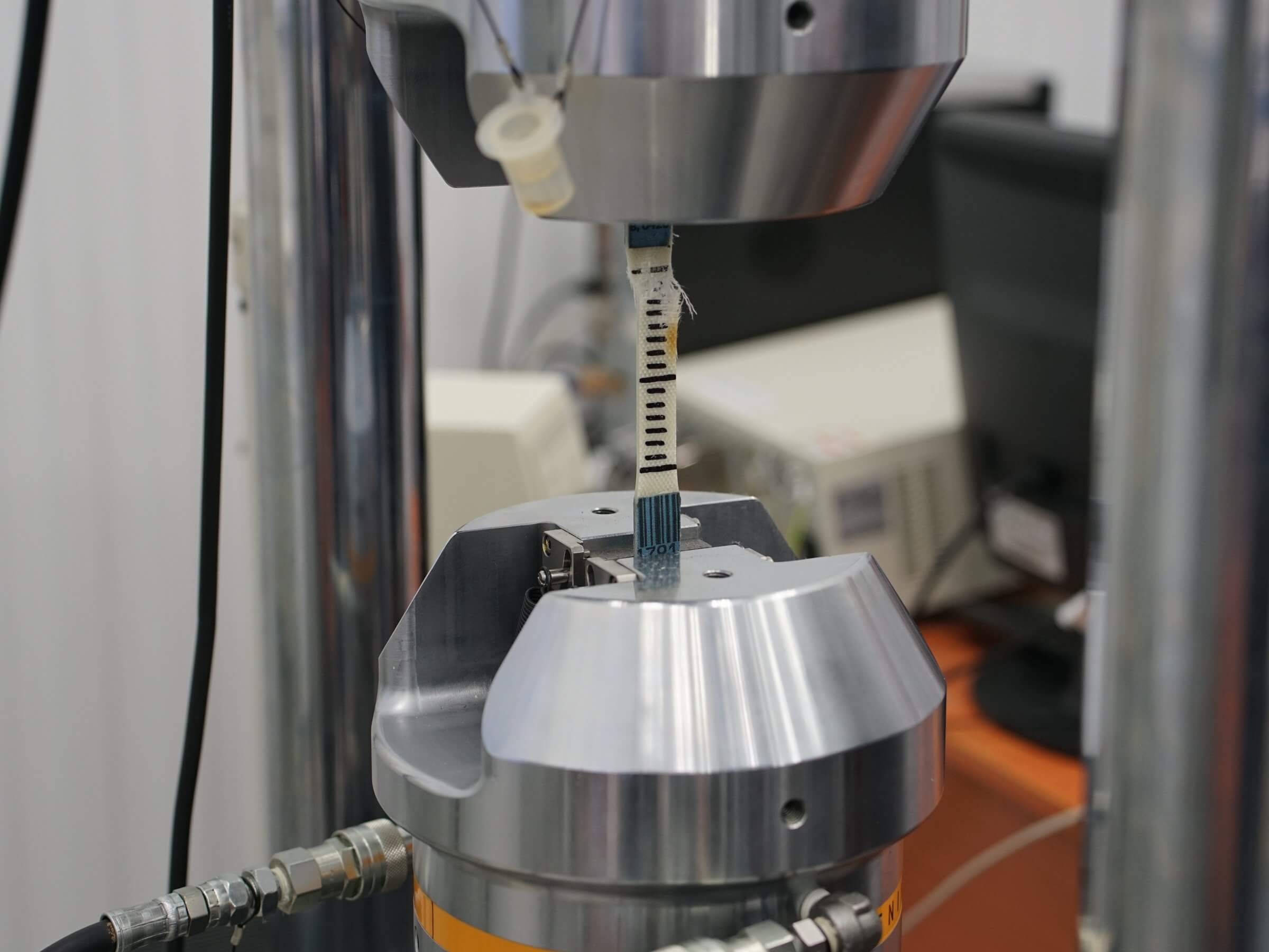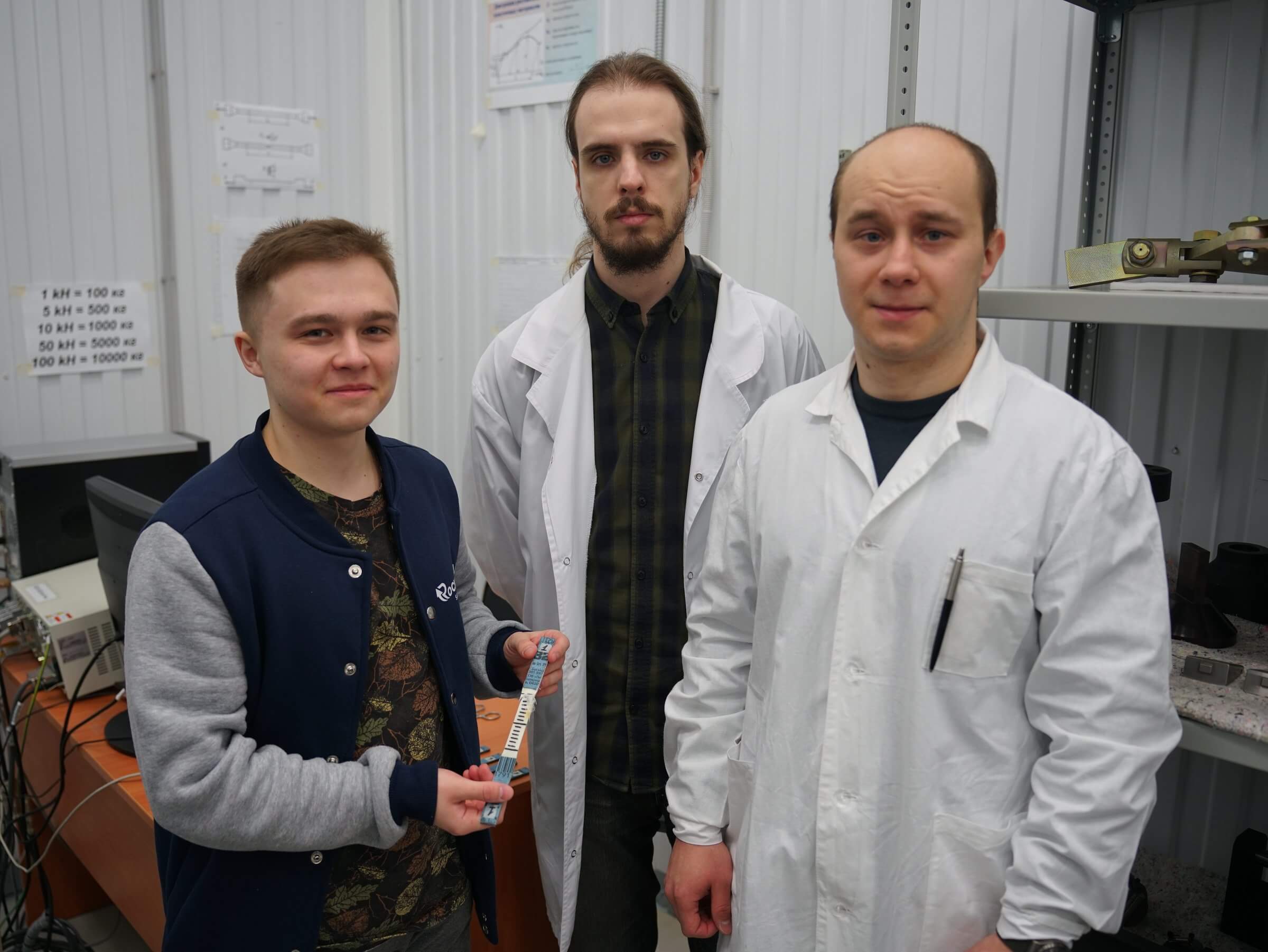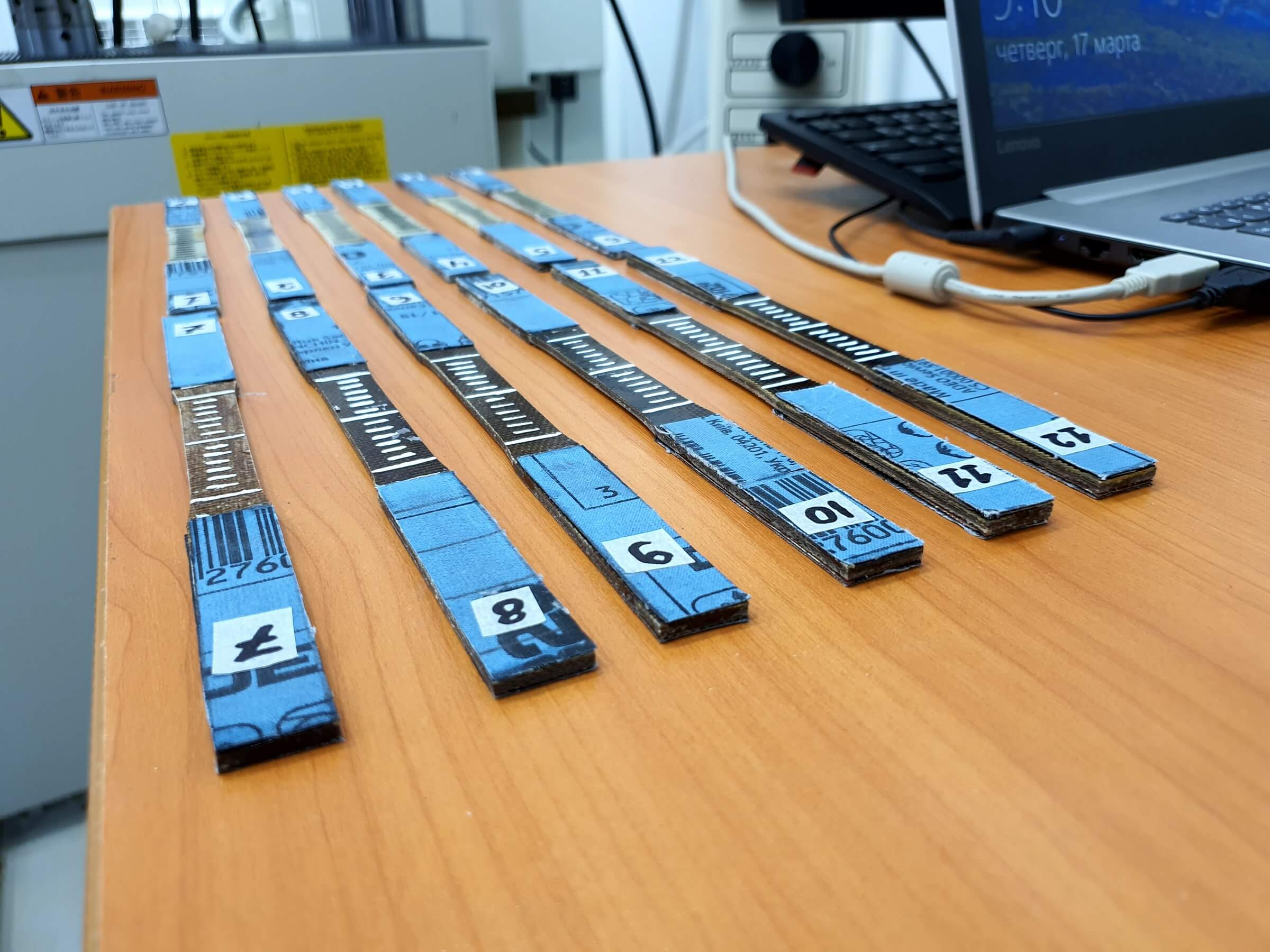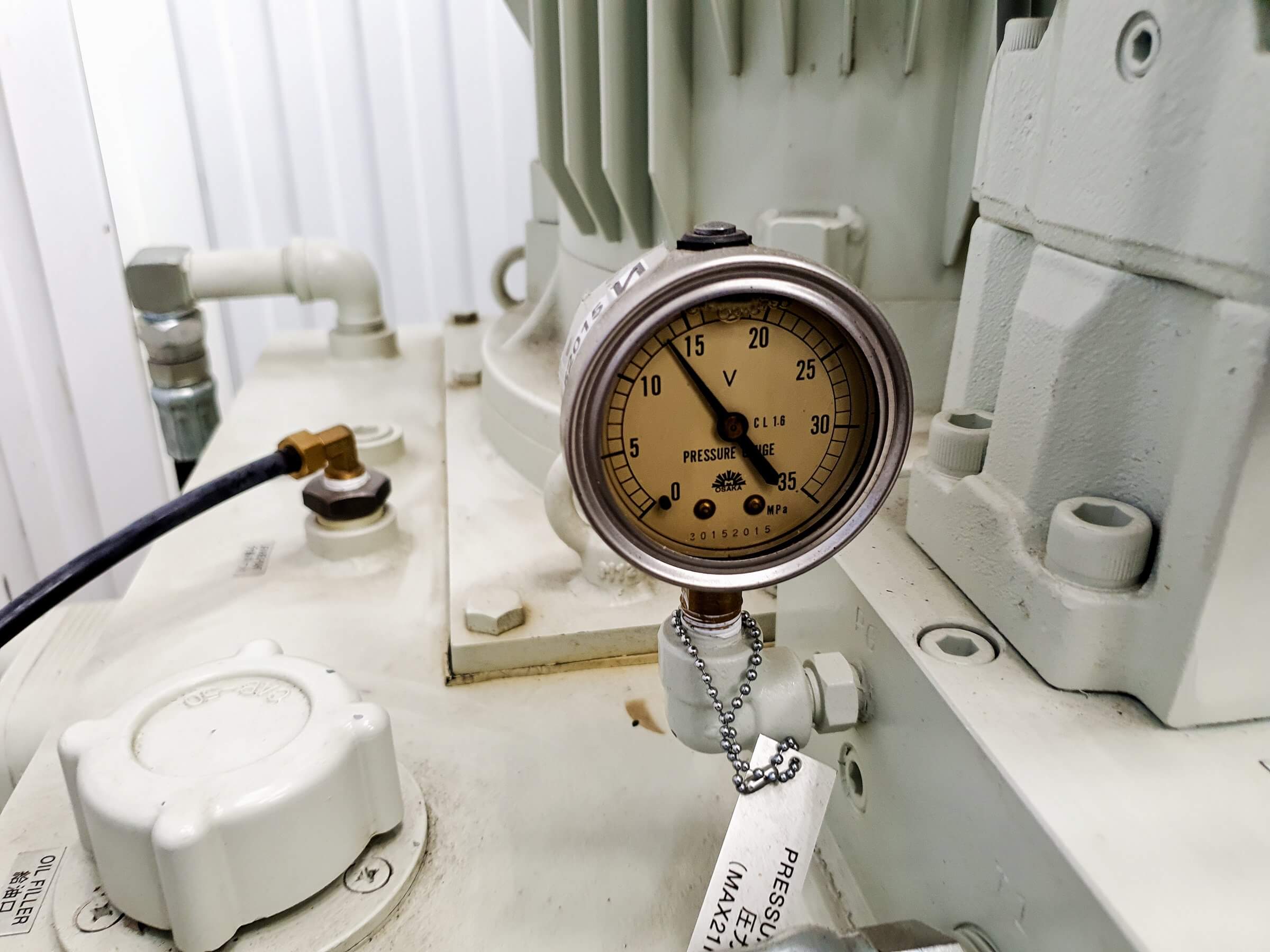At the site of the PROGRESS Rocket Space Centre, pilot strength tests were conducted in the interests of the RocketLAV Student Design Bureau of the Samara University.
Having organized the pilot tests, the Commercial Space Centre has made the important step in formation of the single distributed production and proving ground, which will be based on the sites of participants of the world-class SEC “Engineering of the Future”: Samara University, the PROGRESS Rocket Space Centre JSC, D.F. Ustinov Baltic State Technical University “Voenmekh” and other scientific, industrial and educational organizations. The task to form this proving ground is fixed in the Roadmap for development of the Centre, approved by Roscosmos in December 2021.
“While preparing those tests, we set ourselves several important tasks. The most significant of them is to work out step by step the procedure of interaction of our potential customers, that is, private space companies, with certified testing centres and laboratories of Roscosmos enterprises”, told us Anton Doroshin, Director of the Commercial Space Centre of Samara University, Doctor of Physical and Mathematical Sciences.
The RocketLAV Student Design Bureau of Samara University, which develops light experimental rockets for educational and cognitive purposes, was lucky to become the pilot customer of the Commercial Space Centre. The youth association will have to go through all the stages stipulated by the regulations of the space industry.
“The pilot project with participation of the RocketLAV Student Design Bureau will make it possible for us to adjust legal procedures in practice, to form standard packages of documents, under which interaction with commercial customers will be built later. This is a very important experience for both the Commercial Space Centre and the Student Design Bureau”, said Anton Doroshin.
The tests were carried out in the laboratory of physical modeling of space factors of the PROGRESS Rocket Space Centre (this is one of the leading enterprises of the Roscosmos State Corporation). The laboratory is located outside the perimeter of the enterprise, in the experimental research building EIK-3 on the campus of Samara University.
“It is fundamentally important for private developers of space technology to confirm full compliance of their satellites and the equipment installed on them with all the requirements of the state corporation, and to obtain the appropriate permits and certificates. That is why we conducted these tests in the laboratory of one of the Roscosmos enterprises – the PROGRESS Rocket Space Centre, which Samara University has been cooperating with for several decades, and which is part of the SEC consortium. Here, the onboard equipment and spacecraft appliances are tested in strict compliance with approved methods, and the results obtained are recognized by Roscosmos”, explained Anton Doroshin.
For private space companies, the most material issues are related to availability of testing centres (laboratories) and the acceptable cost of testing. The production facilities of the experimental research building EIK-3 of the PROGRESS Rocket Space Centre JSC are initially focused on testing small-sized spacecrafts, and are more accessible for a private customer than the base of the main site.
The Laboratory of Physical Modeling of Space Factors and Mechanical Impacts (LPMSFMI), located in EIK-3, performs almost the entire complex of tests to be carried out at the main site of the PROGRESS Rocket Space Centre JSC. First of all, these are mechanical tests and studies – dynamic ones on the vibration and impact equipment, and static ones on the servo-hydraulic machine. There are also climatic tests for resistance to high and low temperatures and in conditions of high humidity, as well as tests for thermophysical properties of materials to be carried out.
On the basis of the laboratory of LPMSFMI, operability of the onboard equipment is tested, and the properties of materials in vacuum are studied. These works are carried out in the unique vacuum chamber equipped with the electron flow simulator for researching the effects of beta radiation on operability of electronic components and equipment, for testing their resistance to electrostatic discharges, and for identifying other properties of dielectric materials and coatings.
As for the RocketLAV Student Design Bureau, the developments of this youth association have repeatedly received awards at prestigious competitions in Russia and abroad, and in 2019, it was recognized as the best student design bureau in Russia. Anton Doroshin is convinced that these initiative and talented young people will turn in future into leading developers and heads of private space companies, entrepreneurs in the space sector.
“The knowledge to be given to us at the University, we apply in practice, developing and launching light experimental rockets made of composite materials to about 2 km high”, said Viktor Maiorov, the Head of the RocketLAV Student Design Bureau of Samara University. “Now we are planning to develop rockets capable of flying much higher. For optimizing the design, we have needed more accurate information on strength properties of the composite materials to be used. We have prepared 12 standard samples and, with the support of the Commercial Space Centre, submitted them for testing to the laboratory of the PROGRESS Rocket Space Centre. The experience of preparing the necessary documents, and personal participation in these tests will be very useful to us in future”, he said.
For reference
The Commercial Space Centre of Samara University was established on September 01, 2021. Its creation was initiated by the Roscosmos State Corporation. The pre-agreement on this was reached in May 2021, in course of the working visit of the Roscosmos delegation headed by Executive Director for Advanced Programs and Science Alexander Bloshenko. The Commercial Space Centre is one of the key projects in the program of the world-class Scientific and Educational Centre (SEC) “Engineering of the Future”. It will unite the competencies of Samara University, the PROGRESS RSC and other innovative companies of the aerospace cluster of the region, as well as the SEC participants from other regions, for supporting the private space initiative. The Centre will become a link between private space companies, scientists, testing and production sites, providing access to the distributed production and testing base in the “single window” mode. Launching such services and support as the design and testing of structures and target equipment of small spacecrafts and satellites, the manufacture of spacecrafts or atmospheric drones on the turnkey basis, as well as assistance in obtaining all necessary permits and certificates of Roscosmos for spacecraft to be admitted to installation on a launch vehicle will reduce for private players the “entry threshold” in the space activities market.
RocketLAV is a student design bureau of experimental rockets (SDB) under Samara University, the members of which are engaged in creation of light experimental rockets made of composite materials. Since 2011, the SDB of Samara University has been the permanent and only Russian participant of the student forum for launching student rockets at the C`Space International Forum in France. Every year, this festival brings together several hundred young engineers from Europe, Asia, and South America who are passionate about designing small rocket technology and atmospheric probes. Samara students are the only representatives of Russia in this competition. In 2018, young Samara engineers were awarded the first prize of CNES, the National Space Agency of France, for the successful launch of a two-stage experimental rocket of their own design. In November 2019, the RocketLAV team was recognized as the best student design bureau in Russia. In December of the same year, one of the projects by RocketLAV became the laureate of the French prize in the field of space and industry (Prix de Espace en Industrie-2019).
 RU
RU  EN
EN  CN
CN  ES
ES 
